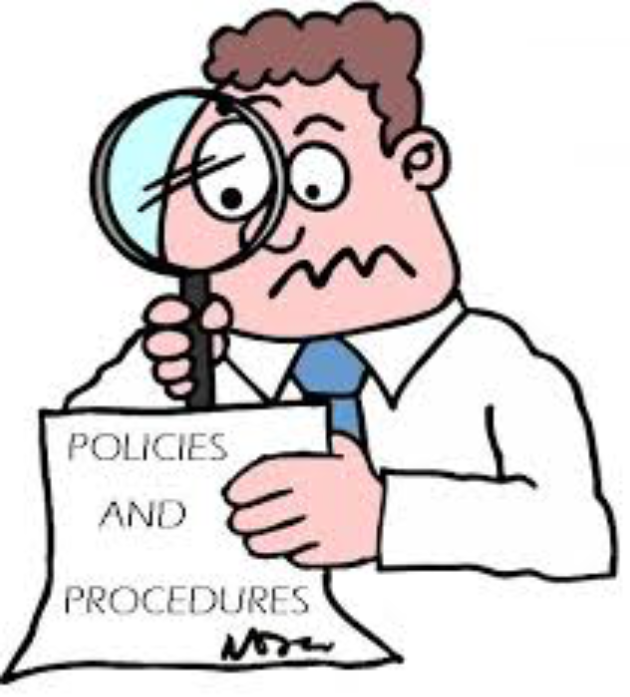News
Tax Talk Newsletter Oct / Nov 16

More tax changes afoot
- The Inland Revenue Department and the Government have recently introduced a multitude of tax changes. We outline some of the important ones below.
More on company cars and FBT
From 1 April 2018, the Government is proposing to let close companies (most small companies) calculate the private use of a company car in the same way as a sole trader.
You will have to keep a log book and apportion the costs. However, you will also need to make an adjustment for GST on the car, as well as its running costs. For many people the log book idea is going to be more hassle than it’s worth.
This option will be available only provided there are no other fringe benefits and no more than two vehicles are involved.
If, when the law is changed, you prefer to keep a log book and avoid fringe benefits tax (FBT), tell us. Remember, however, your compliance costs will increase a little. There’ll be calculations to make and GST adjustments to do.
FBT is a quick, easy and economical method of adjusting for private use of a vehicle. It will often give you a more favourable result, but not always.
Use of home
There is a proposal to change the rules for claiming “use of home”.
For years, Inland Revenue has said that to make a claim for this cost you must set aside a room as an office. This isn’t quite true.
A court case some years ago settled this matter. You can apportion the cost of a room used for business between your business use and family use, based on the time each activity uses the room.
Now, the IRD is planning to get its rule enshrined in the law, so if the law changes, you will need to have a room set aside as an office, if you want to claim for the use of a room for business.
To make claiming this cost simpler, the department plans to set a rate for utilities per square metre ($x for power etc). You will add your adjustment for rents, rates and interest.
You won’t have to use the IRD calculation but it might save you hassles if you do. The bigger the power bill, the more likely you won’t want to use the IRD rate.
Shareholder/employees
Currently, you are either a provisional taxpayer or you get a PAYE salary. A mixture of the two is not strictly permitted unless the provisional income is at least half the PAYE salary.
In practice, it makes very little difference and for this reason, the Inland Revenue Department is proposing to do away with the restrictions and allow shareholder employees to take a PAYE salary and then top up their incomes at the end of the year, once the profit is known. We look forward to this change becoming law.
 Read every word of insurance policies
Read every word of insurance policies
Strangely, one of the biggest risks in business is our insurance policy.
We're all familiar with the problems Canterbury people have had with their home insurance. If ever there's was a document you need to read very carefully it is your insurance policy.
We've heard of someone buying travel insurance for a six-week period only to find, when a claim was lodged, that the policy was limited to a maximum of one month away from the country.
Read every word of your insurance policy and if there's anything which is not clear or looks as if it's not covered, raise the matter with the insurer or agent.
Make sure you get a response in writing.
A telephone conversation is not enough.
 Salary exchange for private use of a company vehicle
Salary exchange for private use of a company vehicle
If you pay your employee a lower salary in exchange for them using a company vehicle for their private use, this will affect their Working for Families Tax Credits entitlements and student loan obligations as the salary reduction is treated as part of their income.
You should make sure your employees are aware of this if you have this arrangement or are considering offering it.
Being a trustee carries responsibilities
Every so often we remind clients of the risks involved in being a trustee. It doesn’t matter whether the trust is a family trust or a charitable trust. Trustees are directly responsible to the beneficiaries for their management of the trust assets.
Beneficiaries can sue trustees. In a family trust, it is not necessarily a beneficiary who causes the trouble. It can be the spouse of the beneficiary who makes the bullets.
There are also obligations to the Inland Revenue Department. Until you advise Inland Revenue you've ceased to be a trustee, you're still personally responsible for its taxes.
Wait for profits
Also from a tax perspective, you should remember if the trust makes losses they can't be passed out to the beneficiaries. You have to wait until the trust makes profits before you can use up the losses. So, if you buy an asset which is expected to generate on-going losses for some time, it might be better to not have it owned by your family trust.
Perhaps it should be owned by someone who can use the losses to save tax. It can be transferred to the trust for asset protection purposes at a later time. This would normally be when it’s making profits (trustees don’t generally want loss making assets) but, of course, this may mean additional costs.
Don't be passive
There is no such thing as a passive trustee. If you choose to be passive, be it on your own head.
Some years ago X and Y were appointed trustees of a family trust. Immediately, they decided they would hold quarterly meetings. At one of these meetings one of them proposed the trust should take out an insurance policy on a factory owned by the trust, for loss of rent in the event of fire or other accident.
Two years later the factory burnt to the ground. This serves as a very good example of how trustees ought to operate. They ought to hold regular meetings and minute decisions made.
Interference
What if the person who set up the trust wants to interfere? Maybe he/she didn’t want to incur the premiums for taking out that loss of rents insurance policy.
The answer is simple. If you're a trustee, it's your job to steer the ship. Your responsibility is to look after the interests of the beneficiaries. You and your co-trustees make the decisions. If anyone starts to bring pressure on you to do as they wish, the correct course of action is to resign. Above all, never be a passive trustee.
Cancelling your GST registration
You must cancel your registration within 21 days if you:
- stop your taxable activity, and
- don't plan to start any taxable activity within 12 months.
If you keep business assets after cancelling your GST registration (for private use or use in another business) you need to make an adjustment in your final GST return.
The adjustment is made in box 9 on your return. It's calculated based on the open market value of the asset. The open market value is the price you might reasonably expect to get for an asset in a competitive auction setting in New Zealand on that date.
How ACC calculate levy invoices
registration
ACC use the following pieces of information on a tax return to make sure their customers are paying the correct levy:
Business Industry Classification Code (BIC), and
earnings and/or payroll information.
That's why it's important that the information provided in your tax return is correct.
Based on the BIC code, ACC assigns a classification unit (CU) to group together levy payers that share similar workplace injury risk. CU rates are based on the cost of work-related injuries that have occurred and the rates are calculated against the earnings of levy payers.
ACC has put together an invoice guide so levy payers know what their invoice looks like and descriptions of key parts.
 Cash jobs aren’t tax-free income
Cash jobs aren’t tax-free income
While most people pay the right amount of tax, IRD knows some people think they don't have to pay tax on cash jobs. Undeclared cash jobs take unfair advantage of honest businesses and cheat those who pay the right amount of tax.
It's okay to do jobs for cash or for your mates, as long as you declare the income in your tax return.
You must:
- record every job, no matter how big or small, and provide your customers with receipts
- charge GST if you're registered for it. You must register for GST when your annual turnover exceeds $60,000
- declare all your income when you file your tax return.
If you're already paying tax on all your income, there's nothing more you need to do. If you're not doing the right thing we can help you get back on track.
If you've left some income off your tax return it's best to let us know now by making a full voluntary disclosure.
Important: This is not advice. Clients should not act solely on the basis of the material contained in the Tax Talk Newsletter. Items herein are general comments only and do not constitute nor convey advice per se. Changes in legislation may occur quickly. We therefore recommend that our formal advice be sought before acting in any of the areas. The Tax Talk Newsletter is issued as a helpful guide to our clients and for their private information. Therefore it should be regarded as confidential and should not be made available to any person without our prior approval.




